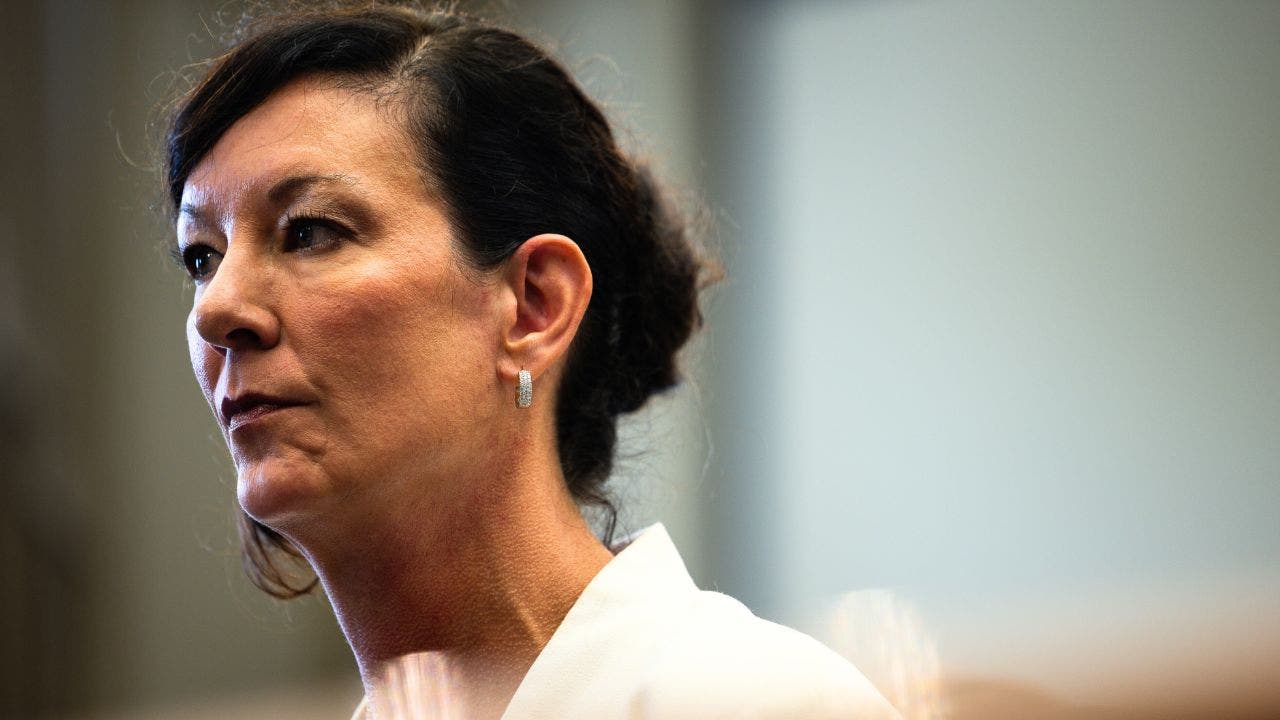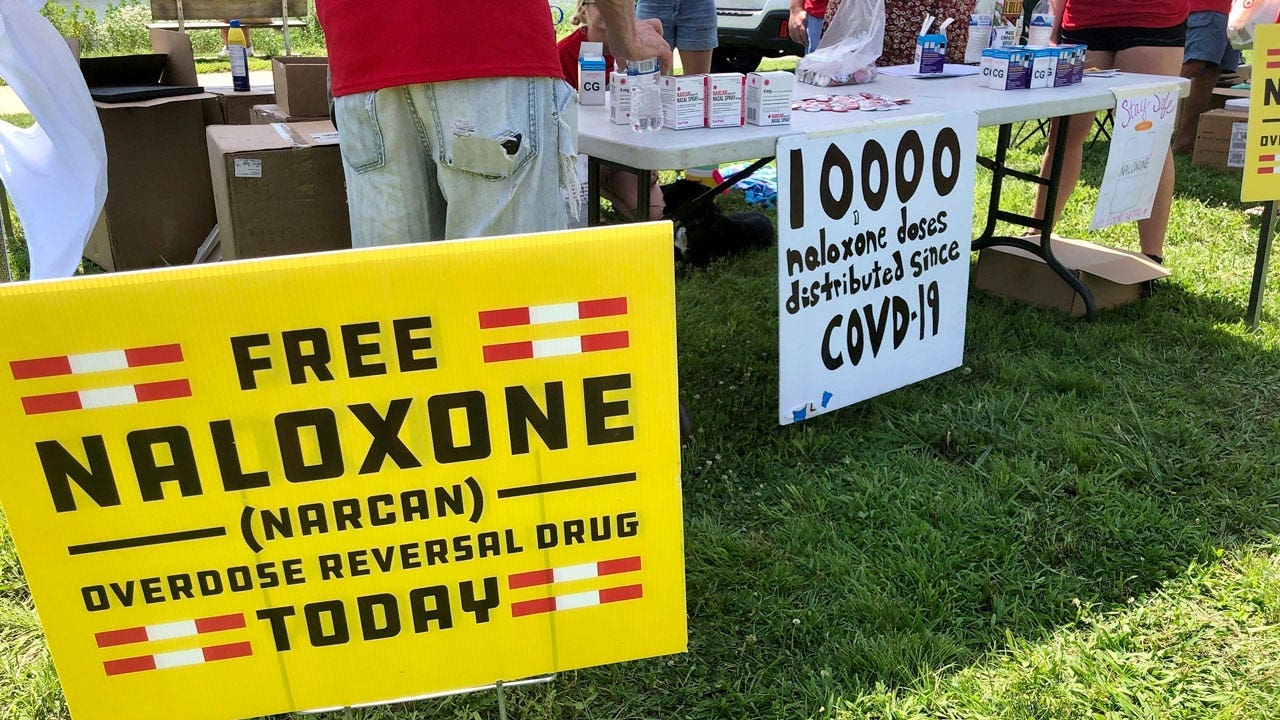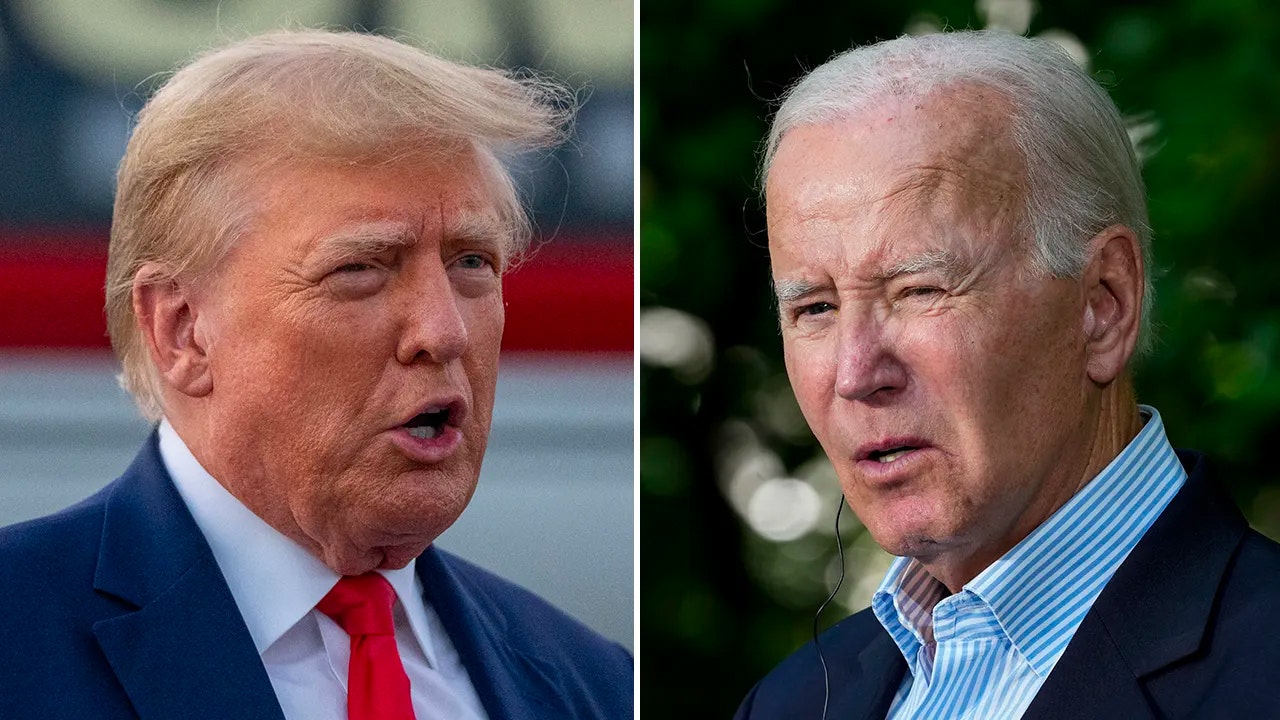Bureau of Prisons director out as Trump’s Justice Department reforms take shape

The recent resignation of Colette Peters as the director of the Federal Bureau of Prisons (BOP) has sparked a major shakeup within the agency. Peters, who was appointed in 2022 by then-Attorney General Merrick Garland, was seen as a reform-minded outsider tasked with addressing the longstanding issues of staff shortages, corruption, misconduct, and abuse within the BOP.
Following Peters’ resignation, William Lothrop, who had been serving as deputy director of the BOP, has stepped into the role of acting director. With over 30 years of experience working in the BOP, Lothrop has pledged to address ongoing challenges such as staffing shortages and operational issues, while also maintaining a focus on providing a safe, secure, and humane environment for federal inmates.
One of the key changes that has taken place under the new leadership is the repeal of a Biden-era executive order that sought to phase out the use of private prisons. President Donald Trump’s administration has reversed this order, allowing for new contracts between private prison corporations and the U.S. Marshals Service. This decision has raised concerns about the potential impact on the treatment and rehabilitation of inmates within the federal prison system.
Prior to her resignation, Peters had made efforts to address some of the longstanding issues within the BOP, including the closure of several federal prison camps and facilities, including the scandal-ridden Federal Correctional Institution in Dublin, California. This facility, which had earned the nickname “rape club” due to allegations of abuse, had led to significant legal repercussions for the Justice Department.
Despite Peters’ efforts, she faced criticism from lawmakers for delays in providing information and a lack of transparency regarding agency operations. Senators Tom Cotton and Mike Lee scolded Peters for her failure to provide timely responses to written questions and inability to answer basic inquiries about staffing and facility conditions.
In 2024, then-President Biden signed the Federal Prison Oversight Law, which aimed to increase oversight of federal prisons and improve conditions for inmates. However, Peters noted that the law had not yet been adequately funded, hindering its implementation.
As the BOP undergoes a leadership transition and faces ongoing challenges, the focus remains on ensuring the safety and well-being of inmates while preparing them for successful reentry into society. The new acting director, William Lothrop, has committed to working with stakeholders to find solutions that strengthen BOP facilities and support services for inmates.
The recent changes within the BOP highlight the complex and critical issues facing the federal prison system, and the need for continued efforts to address systemic challenges and promote rehabilitation and justice for all individuals in custody.




